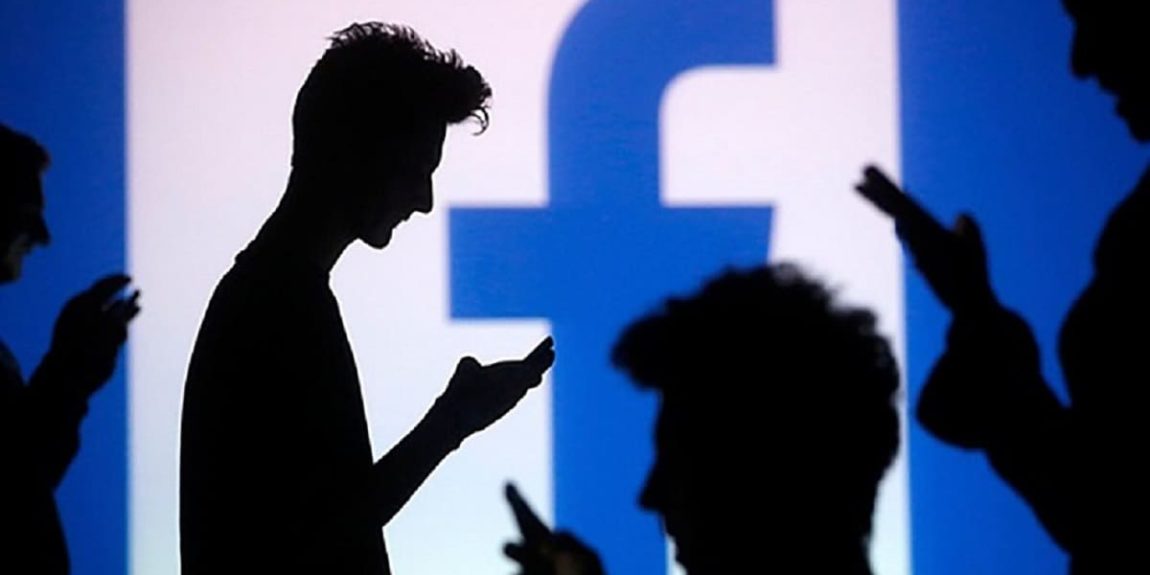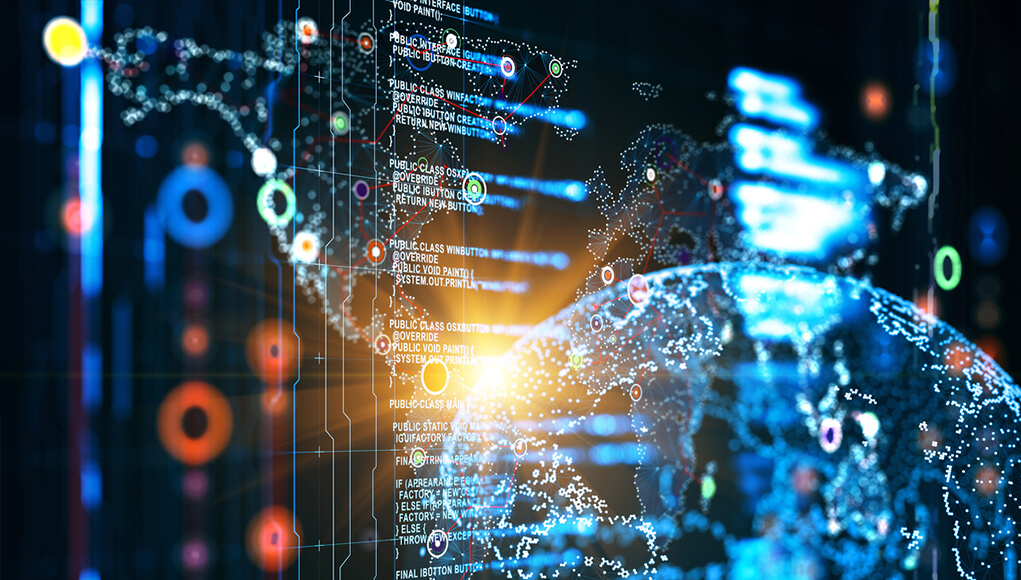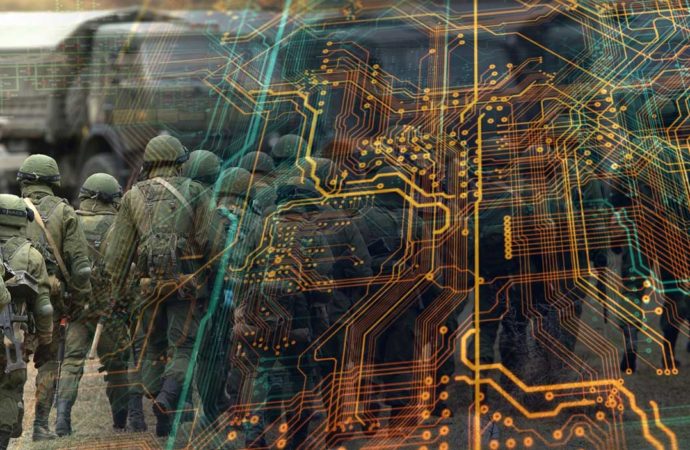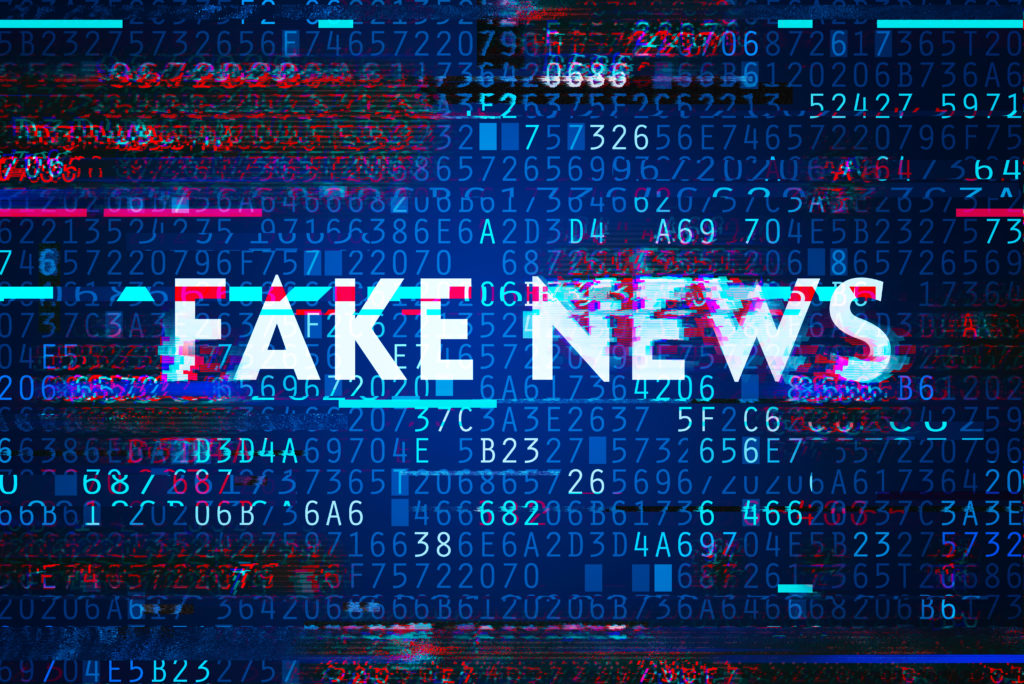Digital-Social Resilience: a shadow game
Alfredo Valladão

“Social resilience” is a much uncertain concept. How and who defines the social compound that should be protected in order to survive the threats that can destroy it? Social resilience implies political decision processes led by an authority powerful or legitimate enough to prevent – and deliver “solutions” – to perceived challenges.
But human societies – even in their most primitive or totalitarian forms – are not monolithic blocs. There is no whole consensus about what should be “resilient” and what threats should be prioritized. Decision-makers can only hope to express a majority view in their circumscribed constituencies. Their policy-making rests on a combination of persuasion and constraints that inevitably produce winners and losers. But an old question lingers: are they just trying to “save” (or maintain) their own “establishment” and social power-basis or are they working for the “common good”?
Then, resilience also requires grading possible preventable threats. Known or unknown challenges are infinite, but resources are not. A successful national resilience program always sacrifices the interests of some categories of citizens or regions inside a country, and can be perceived as detrimental by neighbouring States or the international community. Prohibiting exports of medical equipment by member countries did not, for instance, help a common European Union response to the COVID-19 epidemic.
These classical predicaments of any political body have been drowned into the pervasiveness of social media and the Internet. Hyper-connection without borders, allowing any small group (even a single individual) to sometime exert a disproportionate influence (worldwide and in its own community) has deeply undermined the authority and legitimacy of standard social-political institutions. Governments, political parties, trade unions, electoral or judicial systems, and even traditional religious denominations, have often lost control over social narratives.
Greta Thunberg or a smartphone video – captured by a nineteen-year old – showing the atrocious assassination of a black man by a police officer in Minneapolis, have the power to mobilize hearts and minds of masses of people all over the planet. It means imposing straight off new issues and agendas upon decision-makers and political institutions everywhere. The different answers to the global coronavirus pandemic have been so shredded apart by social media that they became hopelessly politicized inside and between national States; thus undermining the representativeness of political and social institutions (local, national and international) and, more ominous, the simple pursuit of truth by scientific and medical establishments.
Present-day interconnected societies, dominated by permanent and instant online divisive debates and opinions, feed the quick succession of mostly unpredictable political “black swans”. Many prevention policies resemble generals re-fighting the last war. Decision-makers are compelled to supply rapid responses to decisive challenges they didn’t see coming. In this indefinite environment, “social resilience” strategies have to be based either on authoritarian or freedom values.
Disinventing the Internet is not an option because cutting access to the net can be a short-time solution, but self-defeating in the long run. On the one hand, authoritarian regimes are learning to use the new digital technologies in order to impose a totalitarian control over their “societies”. On the other hand, those who treasure individual freedoms, democracy and rule of law will have to learn how to devise proactive policies adapted to the new social cyberspace. In a networked world, disruption can spread quickly, but the disruptive effects can also be diluted by the shear complexity of the net.
Today, promoting “resilience” based on freedom implies favouring a fast universalization of access to interconnectedness, as well as decentralized and permanent innovations in the field of digital technologies. But “democratic” resilience also needs serious overhauling and transformation of old representative institutions through an enduring participation in the web of social networks, in order to counter big players’ authoritarian aggression, as well as toxic individuals and extremist groups that threaten social cohesion. This responsibility certainly lies on the decision-makers shoulders, but also on all civil societies’ line-ups and single persons who are ready to take sides on this new replay of the traditional confrontation between dictatorship and freedom.

Alfredo Valladão
He is a Professor at the Paris School of International Affairs, Sciences Po, where he acted as Director of the Mercosur Chair from 1999 to 2010. He is also President of the Advisory Board of EU Brazil Association, Brussels. In addition, Professor Valladão is Senior Research Fellow at the Policy Center for the New South, Rabat.






